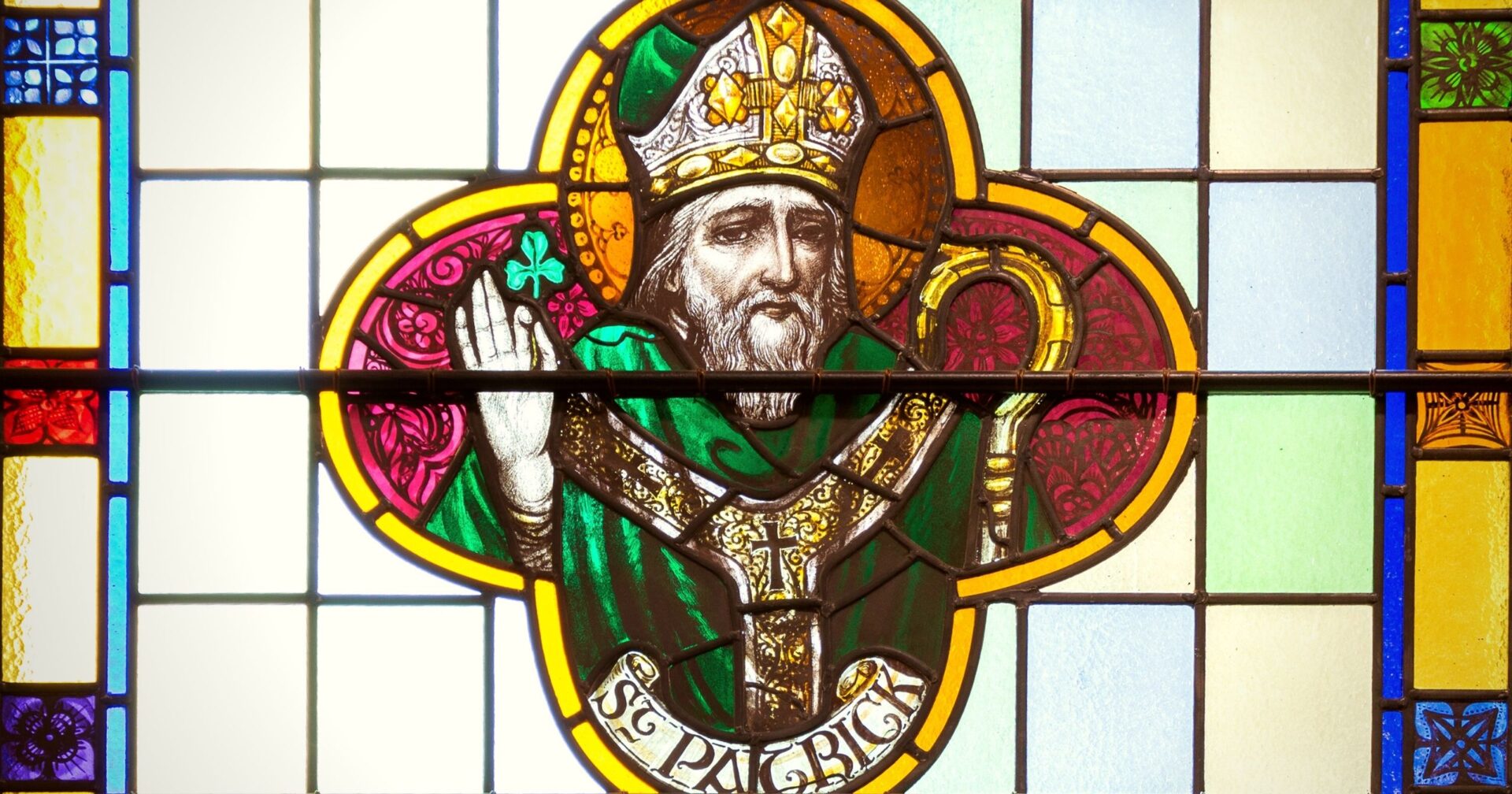As St. Patrick’s Day coincides with a Lenten Friday this year, US Catholics are allowed to indulge in the traditional Irish feast of corned beef and cabbage with the dispensation from abstinence issued by many bishops across the country.
However, some bishops have added a twist to the dispensations, requiring Catholics to perform acts of prayer and charity as a condition for allowing meat consumption on this day. The aim is to balance the celebratory spirit of the day with the penitential aspect of Lent, and to provide an opportunity for reflection and self-discipline.
The tradition of eating corned beef and cabbage on St. Patrick’s Day holds a special significance for Irish American Catholics, as it symbolizes the struggles of their forefathers who fled Ireland in search of a better life. Eating corned beef and cabbage is a tribute to their ancestors’ sacrifices and resilience.
The bishops’ dispensations allow Catholics to substitute meat abstinence with other acts of devotion such as attending Mass, praying the Rosary for world peace, or spending time in prayer before the Blessed Sacrament. Moreover, Catholics are encouraged to perform additional acts of sacrifice and charity on this day or abstain from meat on another day.
Some dioceses require Catholics to fulfill specific conditions before they can avail of the dispensations, such as making a pilgrimage or visiting a church dedicated to St. Patrick, praying the “Breastplate of St. Patrick,” or engaging in a pious devotion like the Rosary or Eucharistic adoration. Alternatively, they may perform an act of comparable penance, such as abstaining from meat during the third week of Lent.
Check with your diocese for your own St. Patrick’s Day obligations!




















Contrary to popular belief, the Catholic practice of abstaining from flesh meat on every Friday of the year was never rescinded, but instead acts of penance in place of abstinence are still required of all Catholics unless excused for good reason.